REVIEW – Cataclysm-stricken, post-apocalyptic worlds are more popular today than ever, be it movies, series or even video games. The debut RPG of Australian Drop Bear Bytes, Broken Roads, set itself no less a goal than proving that it can grow up to the genre’s greats. Let’s see if they managed to create something lasting, or will this game also be swallowed up by the nuclear wasteland…?
To be honest, it’s quite difficult to show something new in the genre of post-apocalyptic games, especially role-playing games. 1988’s Wasteland is an early classic of PC RPGs, while 1997’s Fallout kicked off a new era of isometric RPGs, paving the way for legendary games like the first two Baldur’s Gates. Since then, both the former and the latter franchise have experienced numerous sequels, while the choice of theme showing a brutal world after the partial or complete destruction of technological civilization has also permeated other genres. Drop Bear Bytes’ game, Broken Roads, published by TinyBuild and Versus Evil, faithfully follows the foundations already laid while at the same time trying to provide new things both in the field of background and gameplay.
Mad Max, just out of gas
The first area where the Australian studio’s love project, developed since 2019, differs from anything we’ve seen before regarding location choice. We are in the region of Western Australia, also known as the “Wheatbelt”, sometimes “after the bombs fell”. Unfortunately, we don’t know much more about the antecedents and exact course of the war than that, so those who expect a Fallout-level developed universe will inevitably be disappointed. We can also sadly note that the wasteland is not dominated by punk bands racing on gas-guzzling rat rods, as in George Miller’s popular film saga.
On the other hand, there are smaller and larger communities, peaceful or downright hostile settlements, bandits, self-proclaimed saviours and tyrants – so we can avoid most post-apocalyptic clichés.
Our hero falls into the thick of events almost out of nowhere, depending on what kind of background we choose for ourselves. After wandering into the small town of Brookton, we unluckily witness something that changes how we think about the decaying world and sets us on a journey to find answers and a solution… which then comes to nothing. Don’t get me wrong, it looks like the writers put their heart and soul into the game. During the conversations – of which there are a lot, I mean A LOT – you can feel that text creation is one of the creators’ greatest strengths. The true depths of the game can be discovered during communication, and most of our missions are based on this: on questioning others. Of course, all this is not surprising in the case of a role-playing game, but it is worth being careful with the proportions.
The wheel of morality (fortune) spins
The problems begin with the fact that it was not really possible to weave together memorable central – or any – storylines from the otherwise often imaginative, well-written dialogues. Quests that range in complexity from “find her”, “get me that”, and “find out that” quickly become monotonous and uninteresting. Although their dialogue lines are sometimes inventive and humorous, the characters are mostly flat, one-dimensional figures; there are few memorable ones. Thus, the one-time player may quickly lose motivation to delve deeper into this alternate universe. Although the plot picks up somewhat after a few hours, and even a few unexpected elements appear (and I’m not just thinking about the bloodthirsty kangaroos), this is already a typical case of “too little too late”.
Another strength of Broken Roads is the “Morality” system, in addition to conversations that can also be considered a tasty Australian slang course – and partly overlapping with them.
Already during character generation, we have the opportunity to develop a very deep, real psychological and ethical “personality” for our hero. It’s worth thinking carefully about how we dream about wandering through the wasteland: our choices determine what traits we get later, what response options we get during the dialogues, and how we relate to our fellow humans. I know, told like this, there is nothing really new in this, but the elaboration of the system and the actual personality types, philosophical, and moral attitudes (“Machiavellian”, “humanist”, “nihilist”, etc.) present the game’s moral compass as a genuinely complex system. It can be felt that, besides the Fallout-Wasteland duo, Planescape: Torment or Disco Elysium also greatly influenced the developers.
A pacifist in the wasteland
Together, this complex dialogue system and moral compass allow us to solve the problems we face in various ways, in a manner worthy of a bloody role-playing game. Understand, we don’t always have to take the shotgun off our shoulders. All of this is a big plus because the game’s combat system is pretty pathetic. Compared to games of this genre, armed confrontations are rare, which does not favour the game’s slowness, but it is significantly less frustrating than the fight. So, as far as combat is concerned, it’s basically a turn-based system based on Action Points, which is perhaps most reminiscent of the Wasteland games. The problem is that it is much more boring: with almost zero tactical options, the pathfinding is horrible, and the cover system barely works – mostly, you just click back and forth, hoping that the given figure will shoot at the selected enemy.
Fortunately, firefights are mostly over quickly thanks to low HP and realistically high damage from firearms.
That said, it’s best to avoid confrontations as much as possible, unless you have some healthy masochism. In addition, looting is not worth fighting for because you can get almost anything without a fight. (Thanks to the low-cost inventory and the minimally customizable appearance of our hero, we don’t even really get the experience of how our protagonist’s appearance develops during the story…)
Spectacular thrashing
Regarding graphics and implementation, I have to say that Broken Roads was remarkably atmospheric. The slightly stylized, rough, yet sharp, contrasting visuals suit the game exceptionally well. Okay, it’s not a Baldur’s Gate 3, but the price is more friendly, and it would run on the fridge. As far as I can tell, Aussie environment authenticity is genuinely lavish. The effects are acceptable, and overall, watching the game on the go is very pleasant.
Unfortunately, this is where the positives about the “external rail” end. The sound effects and music are tolerable, but the dubbing voices, which in the case of a game like this are particularly hard on the lats, are particularly weak. Kudos to the exception, but most characters’ acting is underwhelming.
I must give a special shout-out to the lady narrator: I seriously feel like the creators forgot to make her aware that they were making a depressing post-apocalyptic role-playing game, not a relaxing ASMR video, before recording the texts.
The game experience is further ruined by the endless number of bugs we can encounter, from stuck characters to uncompleteable (or ending by themselves) missions. Our characters’ movement is clumsy, chunky, and sometimes like slow motion. All of this has a very negative effect on the entire gaming experience.
Broken Roads: if only roads were broken…
I say it with a heavy heart, but Broken Roads can be a typical example of when too big ambitions crush an otherwise promising and apparently cherished project with great devotion. The Australian culture and environment – history, colonialism, society and so on – created a great background for the game, which the developers tried to unfold through complex, well-written dialogues. However, an open-world RPG without a similarly developed, overarching storyline doesn’t really work. It’s true that the devil is in the details, but it doesn’t matter if we get enough motivation to find out the details. In this case, this is missing, while some aspects of the game, such as the combat system, are particularly weak. Thanks to the wrong beat and the sea of bugs, Broken Roads slowly drowns in boredom and lack of interest. I dare to recommend it only to the genre’s biggest fans, and to them only in moderation…
-ROD-
Pro:
+ Atmospheric visuals
+ Well-written dialogues
+ Morality system
Cons:
– Boring narrative
– Slow, cumbersome gameplay
– A sea of bugs
Publisher: Team 17, Versus Evil, tinyBuild
Developer: Drop Bear Bytes
Style: RPG / Adventure
Release date: 10 April 2024
Broken Roads
Gameplay - 5.5
Graphics - 7.5
Story - 4.5
Music/Audio - 5
Ambience - 5.5
5.6
AVERAGE
I say it with a heavy heart, but Broken Roads can be a typical example of when too big ambitions crush an otherwise promising and apparently cherished project with great devotion. Despite the well-written dialogue and moral compass, some aspects, such as the combat system, are particularly poor. Thanks to a misdirected pace and a sea of bugs, the game is slowly degenerating into boredom and disinterest.

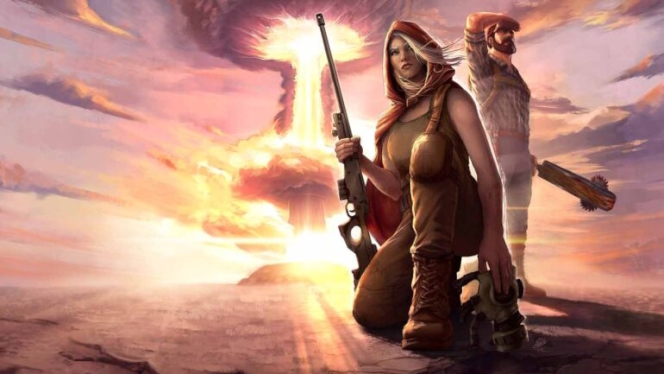
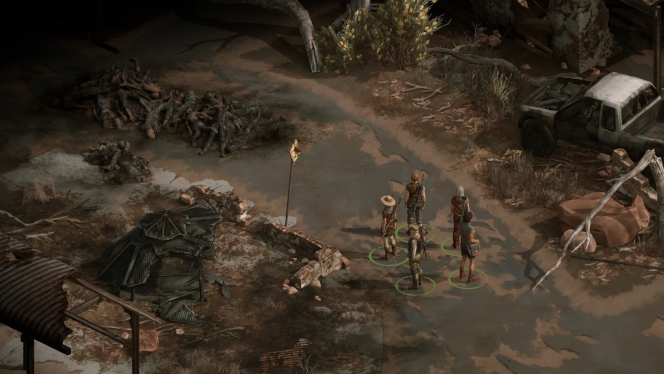
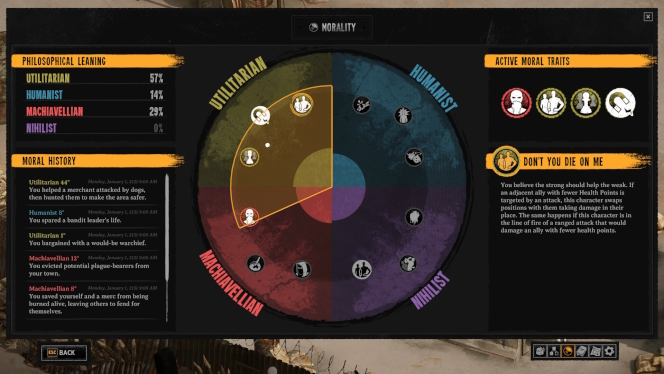
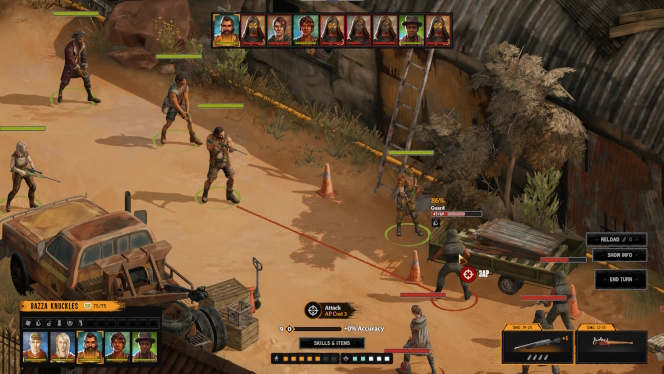
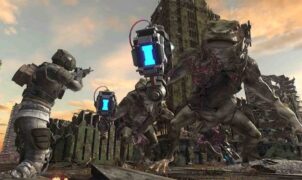
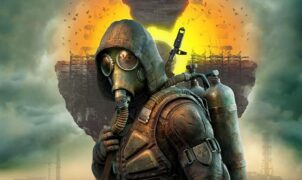



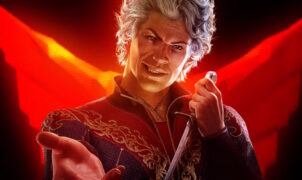

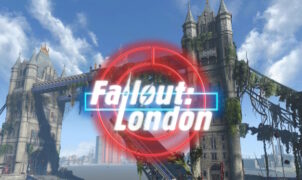

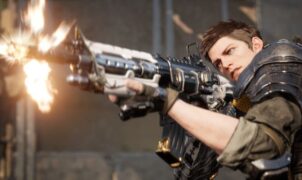
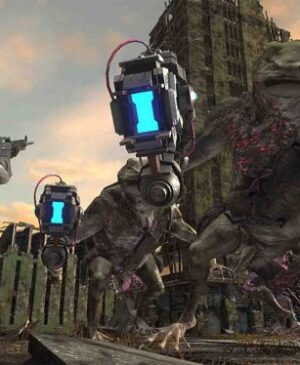


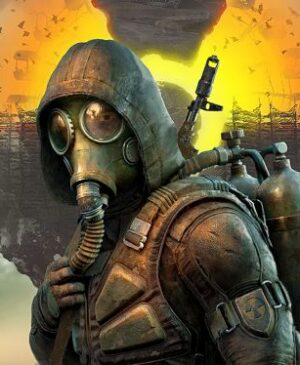
Leave a Reply